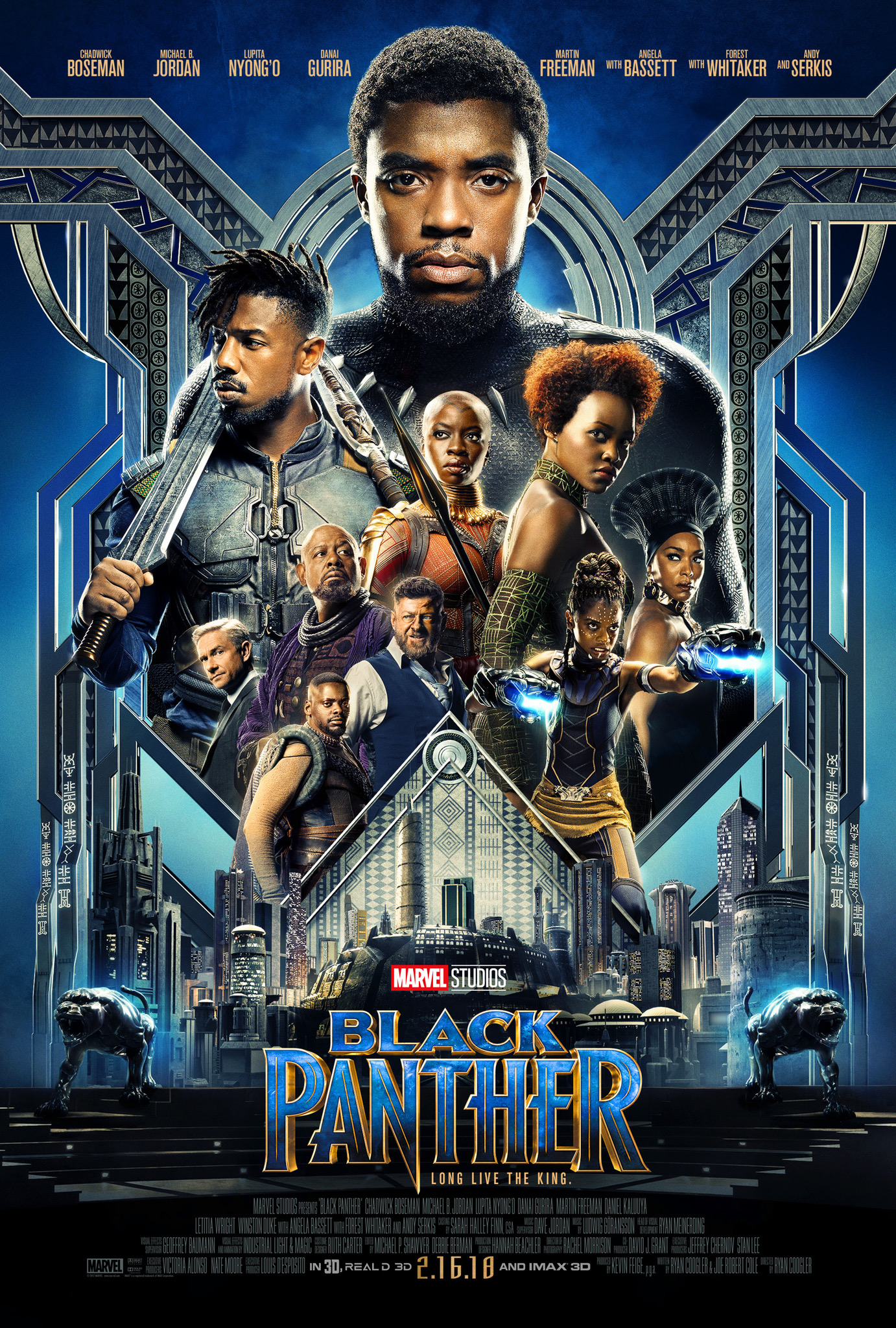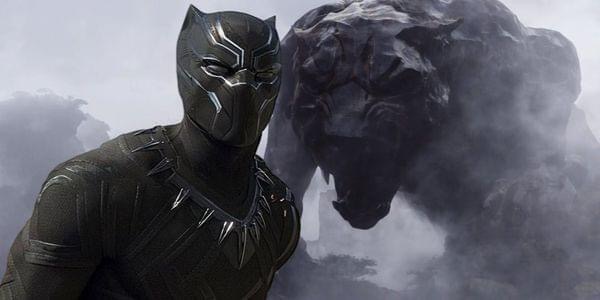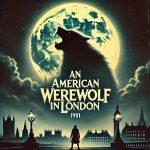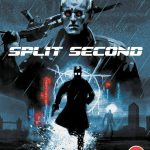Black Panther (2018)

Black Panther (2018), directed by Ryan Coogler, is a groundbreaking film within the Marvel Cinematic Universe (MCU) and transcends the typical superhero genre in several ways. Here’s a detailed review:
Story and Themes
The movie follows T’Challa (Chadwick Boseman), the newly crowned king of Wakanda, as he takes on the mantle of Black Panther after the death of his father. T’Challa faces internal challenges to his leadership and the hidden kingdom’s isolationist policies. The movie’s central antagonist, Erik Killmonger (Michael B. Jordan), introduces a nuanced conflict that explores themes of identity, heritage, power, and the global African diaspora.
Thematically, Black Panther delves into profound topics like the legacy of colonialism, the responsibilities of privilege, and the tension between isolationism and global responsibility. It does so without compromising its identity as a superhero film, blending action and entertainment with social commentary in a way that resonates deeply with contemporary audiences.
Characters and Performances
Chadwick Boseman brings gravitas and dignity to the role of T’Challa, portraying him as both a capable ruler and a compassionate man struggling with his newfound responsibilities. His calm, measured presence contrasts well with Michael B. Jordan’s fiery, emotionally charged portrayal of Killmonger. Jordan’s performance stands out as one of the MCU’s best villains, a character whose motivations are rooted in trauma and injustice, making him sympathetic even in his ruthlessness.
The supporting cast is equally stellar. Letitia Wright as Shuri, T’Challa’s brilliant sister, adds humor and heart, while Lupita Nyong’o as Nakia and Danai Gurira as Okoye contribute strength and nuance as warrior women who are essential to Wakanda’s survival. Angela Bassett and Forest Whitaker round out the cast with gravitas, reinforcing the film’s emotional core.
Visuals and Worldbuilding
Wakanda, the fictional African nation, is a visual masterpiece, blending futuristic technology with traditional African culture. The Afrofuturism aesthetic, marked by vibrant costumes, striking architecture, and advanced technology, makes Wakanda feel like a real place with its own distinct history and culture. The production design, led by Hannah Beachler, is stunning, as are the costumes by Ruth E. Carter, both of whom won Academy Awards for their work.
The action sequences are well-executed, though some scenes (like the final battle between T’Challa and Killmonger) rely heavily on CGI, which can feel slightly underwhelming. However, the film’s quieter moments of character development and cultural exploration more than make up for any visual shortcomings.
Music
Ludwig Göransson’s score, which incorporates African rhythms, instrumentation, and chants, perfectly complements the film’s setting and themes. The soundtrack, curated by Kendrick Lamar, adds an additional layer of modern relevance, with tracks that blend hip-hop, R&B, and African-inspired beats.
Cultural Impact
Perhaps Black Panther’s most significant achievement is its cultural impact. It became a symbol of black empowerment and representation, showing a predominantly black cast in roles of royalty, intelligence, and leadership in a major Hollywood blockbuster. It sparked conversations about race, history, and identity and became a cultural phenomenon, breaking box office records and earning widespread critical acclaim.
It was also nominated for several Academy Awards, including Best Picture—an unprecedented achievement for a superhero film—further solidifying its importance.
Conclusion
Black Panther is more than just a superhero movie; it’s a cultural landmark. Its rich narrative, powerful performances, and visual artistry elevate it above the typical comic-book fare, while its exploration of real-world issues gives it a depth that few MCU films have achieved. The film’s lasting legacy is not just its commercial success but its ability to inspire and resonate with audiences on a personal and societal level.










